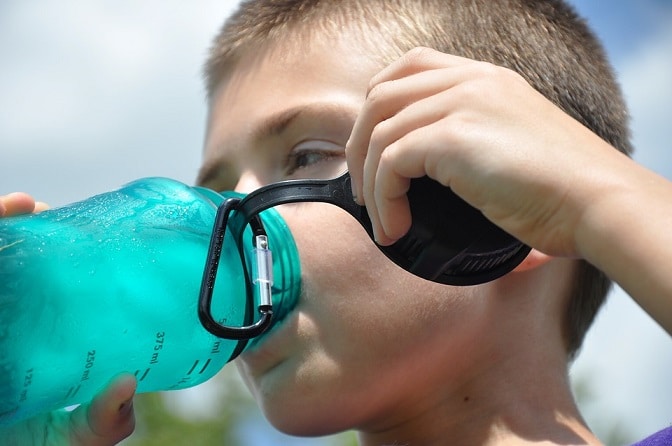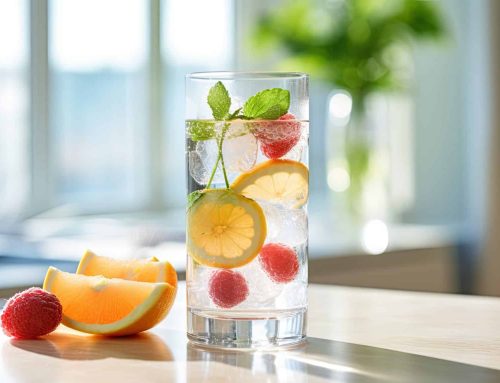Because infants and young children are more likely than adults to become dehydrated, it is vitally important for guardians and parents to be aware of the signs and symptoms associated with this condition.
These young children are at an increased risk of dehydration for a number of significant reasons, including the following:
- Young children and babies have a higher percentage of water in their bodies than adults do; babies are approximately 90% water, whereas the average adult only has approximately 70% water in their bodies.
- Children have a greater metabolic rate than adults, which causes them to consume more water.
- It is not uncommon for infants and young children, particularly those who are unwell, to refuse to drink water;
- Babies and young children still have an immune system that has not fully matured, and as a result, they are at a greater risk of contracting infections and illnesses, such as those that cause vomiting and diarrhoea and ultimately lead to dehydration.
Not only is it essential for parents and other carers to be aware of the signs of dehydration in children, but it is also essential for them to have an understanding of how to prevent dehydration in children and babies.
Signs and Symptoms of Dehydration in Children
When it comes to infants and younger children, some of the early warning signs of dehydration include the following:
- A parched or sticky mouth full of saliva
- Chapped lips
- a poor urine flow or pee that is a dark yellow colour
- Irritability
In most cases, correcting the mild dehydration with fluid replacement will do the trick.
If your kid displays any of the following signs of dehydration, it is imperative that you get medical attention for him or her as soon as possible:
- Disorientation and blood in the vomit or stools
- Dark yellow urine
- A youngster who has diarrhoea that lasts more than five days may have an infection.
- Diarrhoea or vomiting (for babies under 2 months old)
- Symptoms such as lightheadedness or dizziness
- Oral or ocular dryness
- Sluggish or going at a snail’s pace
- Listlessness
- Little or no urine
- No tears or sunken eyes
- A depression or soft place on the top of your baby’s head
- Children who have had vomiting that has lasted for more than 12 hours
How to Protect Your Child from Dry Mouth and Dehydration
It is ideal to prevent dehydration in children by urging your child to drink water on a regular basis, especially when the weather is hot or when the child is playing or exercising. This is especially important when the child is doing any activity that raises their body temperature.
When young children are ill with conditions that cause them to have diarrhoea, vomiting, or fever, it is important to keep a close eye on them and begin replacing the fluids they lose as soon as possible; do not wait until they show indications of dehydration. It is common for children to dislike drinking water, despite the fact that it is the most effective way to replace lost fluids. If you want to encourage them to drink more water, you can try purchasing a water cooler (they love the chilled water and the fact that they can help themselves), or you can add a little bit of juice or flavouring to the water by using fresh fruit or sugar-free cordials. Alternatively, you can try adding ice to the water.
Get a free trial of a water cooler and an assessment of your site’s needs in London.






